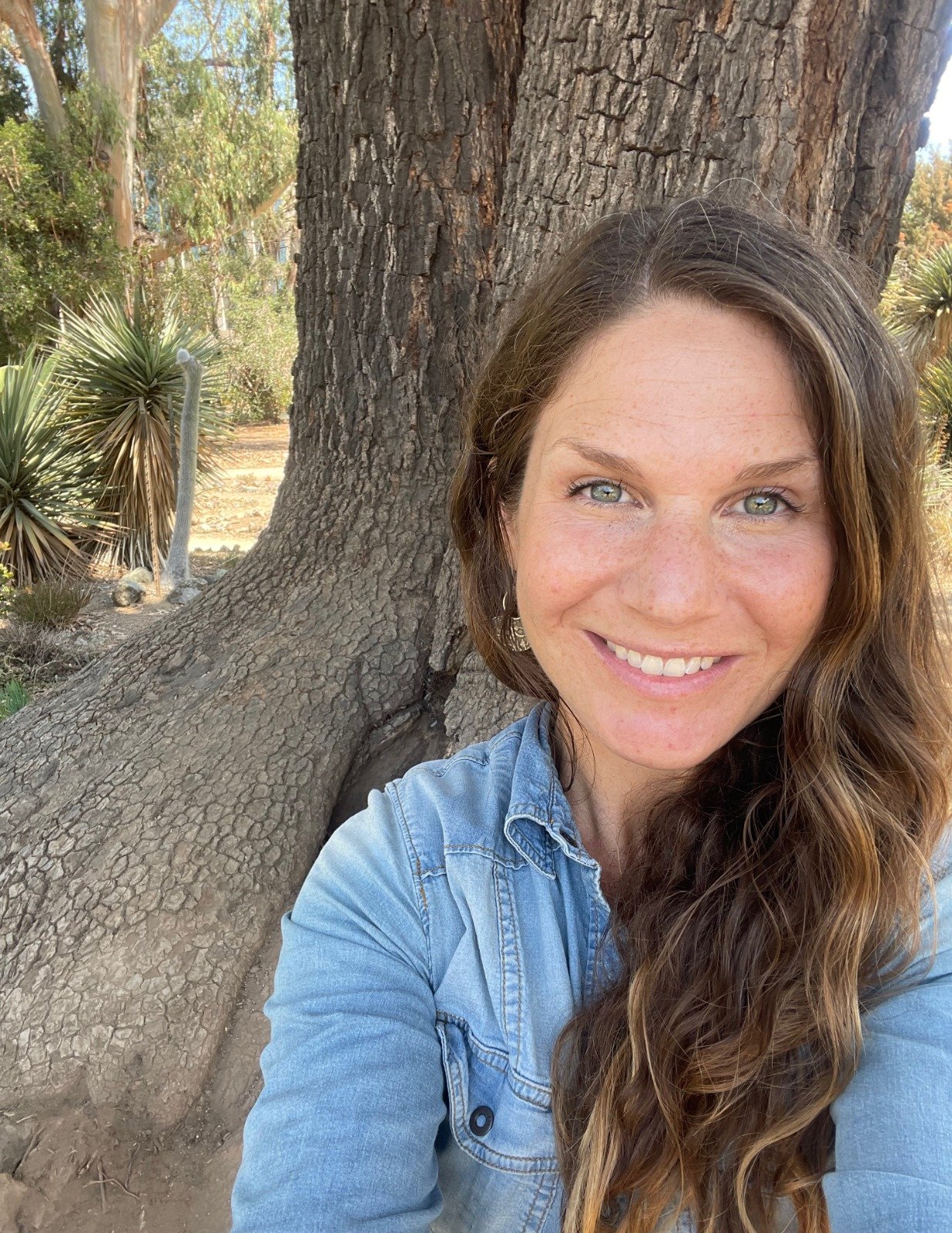In the Loop: April
Some words fall by the wayside and become dusty and obsolete through lack of use. When was the last time you used apricity (“the warmness of the sun in winter”) in a sentence? Or primaveral (“of or relating to early spring”)? Robert McFarlane reminds us of many beautiful less-than-trendy words—caochan (“a slender moor-stream obscured by vegetation such that it is virtually hidden from sight”), smeuse (“the gap in the base of a hedge made by the regular passage of a small animal”), crottle (“hare excrement”)—that should absolutely, definitely, for sure be added into our everyday conversations.
Fun Fact: egerminate = "to spring, or bud out"
But the last decades have also seen the addition of many new words into our shared lexicon: terms like solastalgia (“emotional and existential distress caused by environmental change”), Anthropocene (“the period of time during which human activities have had an environmental impact on Earth”), and eco-anxiety (“fear of environmental doom”). This Earth Day*, we wish you less doom, and more bloom. Get out there and flourish.
*Earth Day is April 22, 2022
Editing Q&A: TED Talks
MLA Style
Spivak, Marla. “Why Bees Are Disappearing.” TED, June 2013, https://www.ted.com/talks/marla_spivak_why_bees_are_disappearing/transcript.
(Spivak 15:44)
Marris, Emma. “Nature is everywhere—we just need to learn to see it | Emma Marris.” YouTube, uploaded by TED Talks, 19 Aug. 2016, https://www.youtube.com/watch?v=hiIcwt88o94.
Chicago Style
Author-Date
Knutson, Diane. 2016. “Why We Need Darkness.” Filmed June 2016 in Rapid City, South Dakota, TEDx video, 11:38. https://www.ted.com/talks/diane_knutson_why_we_need_darkness.
(Knutson 2016)
Notes and Bibliography
1. George Monbiot, “For More Wonder, Rewild the World,” filmed July 2013 in Edinburgh, Scotland, TED video, 14:57, https://www.ted.com/talks/george_monbiot_for_more_wonder_rewild_the_world/transcript.
Monbiot, George. “For More Wonder, Rewild the World.” Filmed July 2013 in Edinburgh, Scotland. TED video, 14:57. https://www.ted.com/talks/george_monbiot_for_more_wonder_rewild_the_world/transcript.
APA Style
Rockström, J. (2010, July). Let the environment guide our development [Video]. TEDGlobal. https://www.ted.com/talks/johan_rockstrom_let_the_environment_guide_our_development?referrer=playlist-what_is_the_anthropocene&autoplay=true
(Rockström, 2010)
TED. (2020, Jan 6). The problem of light pollution—and 5 ridiculously easy ways to fix it | Kelsey Johnson [Video]. YouTube. https://www.youtube.com/watch?v=4zLmWpMDY8Q
(TED, 2020)
Only the best playlist on the planet.
What's the Diff?
There are a lot of sneaky words out there—those that sound awfully similar to others, but with a different meaning. Here’s the dish on some of those commonly swapped-by-accident words.
Continually (adv.) means recurring frequently, intermittently; it might go on for a very long time, but there are brief interruptions. Example: Some regions are continually prone to flooding; a wolf continually howls in the night.
Continuously (adv.) means continuing without interruption, unceasing, chronic; it never stops and remains constant. Examples: The Earth is continuously rotating; water continuously flows in a river.
Cool Guides
Stuff We Like
Read how mushrooms can communicate with each other, using over 50 “words.”
Disney (and Pixar): masters of recycling.
Leave it to beavers.
Check out Martha C. Nussbaum’s essay on how moral philosophy and justice can be extended to nonhuman animals.
Get nostalgic with this fun “field guide to iconic flora” from your favorite children’s books.
If you live on Earth, you have some work to do. Start with listening to these podcasts.
Watch the biological anthropologist Barbara J. King’s TED talk on grief, love, and animal emotions.
Here are some haunting images from the winners of the 2021 Environmental Photographers of the Year.
Listen as Krista Tippett talks with Robert McFarlane about time, nature, and stories.
Read Bill McKibben on why we must and how we can get beyond the fossil fuel industry’s deadly denial about climate change.
Rebecca Solnit on the importance of hope and the case for climate optimism.
Check out The Butterfly Project, a volunteer-led campaign to help protect butterflies and learn how you can make your own pollinator garden.
Surprise! Costa Rica has been leading the world in carbon neutrality.
Pinterest has updated its user policies to ban posts and ads that include climate change misinformation.
Pay It Forward
Meet our friend and eco-enthusiast, Emily Bretl.
Emily is a world traveler, life-long learner, book lover (we know because we're in a book club together!), enviro-educator whose work is focused on helping us find our role within environmental justice, ecological regeneration, and climate change mitigation movements through what she calls ecological artistry. We asked Emily to explain the meaning of the term and share some ways each of us can live in harmony with our planet.
Emily says, "The earth is big, and you are small. Climate change is scary, environmental justice is complex, and you are but a single being trying to make sense of it all. You know you want to take action. You know you want to create a better world. But here’s the question: Where to begin?"
"The answer is simple. Start where you are."
Click over to the shiny new blog on the PostScript website to read the full story and find out how to find your place in a changing world.


